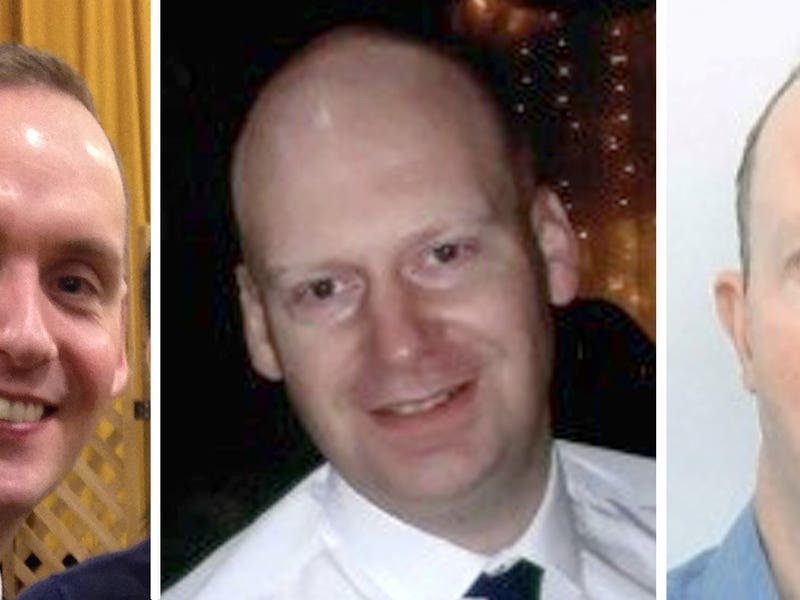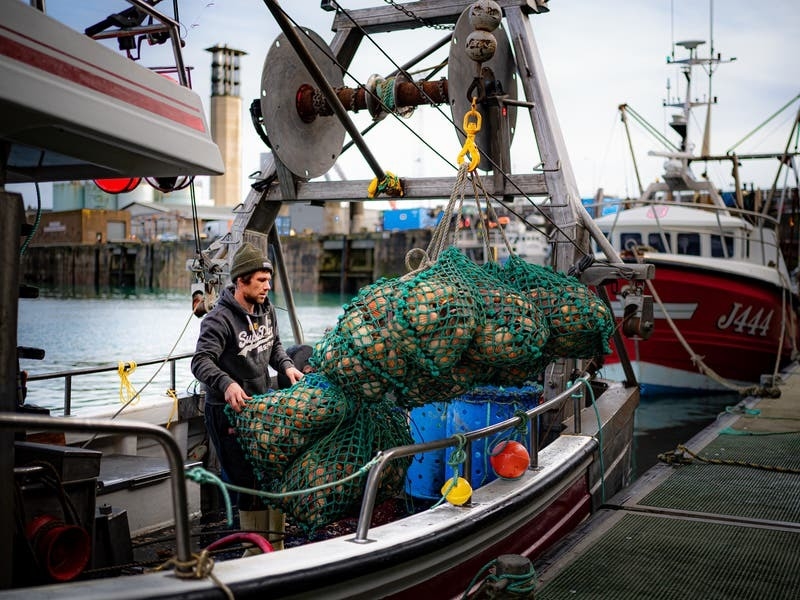This was one of the clear messages coming out of the annual conference of ICSA, the Governance Institute.
Attendees heard from Martin Moloney, director general of the Jersey Financial Services Commission, who said that the focus was very much on individuals and not just firms. David Cadin, managing partner at Bedell Cristin warned that this would lead to a broadening in the types of prosecutions.
He said: ‘Rather than looking at the big fish, what people are going to be looking for are failures to know source of funds, failures to collect customer due diligence information; and whereas historically, this might have got you a slap on the wrist, it might have got you a warning from the commission, it might have got you extra visits, I can see these now leading to criminal prosecutions.’
Advocate Cadin said that it was the increased requirement from Moneyval (the European anti-money-laundering monitoring body) for more prosecutions, which was driving the change and this would lead to more transparency and more whistle-blowing.
‘The onus will be put on other members of the community. So at the moment, for example, lawyers are entitled to rely on written assurances from local trust companies, if they rely on a written assurance from a trusted trust company, they can get away with limited CDD information, but they need to test it. If in the course of testing it, it becomes clear that the trust company doesn’t have CDD information, then I can see an obligation being put on lawyers to report that to the commission.
‘The commission will then, encouraged by the Law Officers’ department, go and visit the trust company, at which point we have got a CDD failure. At which point we’ve got a prosecution. And I can see the wider community being put to task in the interest of the community as a whole.’
The chief executive of ICSA, Simon Osborne, said Jersey’s standards of governance were high, but that he was concerned that UK politicians and journalists were not taking enough notice of the work being done here, and the value Jersey provides to the UK economy.
He said the Island needed to work harder as a jurisdiction to get that story across, but that it could not do it alone.
‘You’re too small to make an impact and it needs more investment. You need a financial PR firm with international clout to tell that story for you because your processes, your compliance regime, your governance regime is good.’
Mr Osborne added that attitudes towards Jersey in the UK were still not accurate. ‘I think the media, sadly, are not doing enough investigative work to understand the story you’ve got to tell. It’s shallow reporting, I’m afraid.’
He also warned that politicians were doing the same, saying: ‘They’re not thinking it through, and the employment implications for the UK are significant. At a time when financial institutions have already taken big decisions about the relocation of staff, relocation of operations outside the UK, this sort of additional threat to jobs in the UK, needs to be thought about. It’s been completely ignored.
‘You certainly add value to the UK. I think that at the moment the clamour from backbench politicians is unhelpful. I think the government has tried but perhaps not robustly enough to defend your status and your position. If those sort of changes are imposed [like a public registry of beneficial ownership] I think one has to start looking at the fundamental relationship between the UK and the Crown Dependencies.’
Mr Osborne was also critical of the UK. He said: ‘I think the UK needs to smarten up. We do not have sufficient resources to verify details that are recorded on registers at Companies House, I think the last count apparently was six people. Now we’ve got a very large register, how can six people do more than tickle that?
‘Here if you want to form a new company, you have got to jump through several hoops. I needed a clean subsidiary [in the UK] a couple of years ago, it was formed in under an hour, no questions asked about the two directors who were me and my finance director. Compared with the standards you apply here, in Guernsey, Isle of Man, the overseas territories it just doesn’t stand up.’
Mr Osborne, who is a solicitor, has been chief executive of ICSA for eight years and will shortly be stepping down from the role. During his time with the organisation, he said training had been enhanced and governance had taken on a new importance.
‘Standards are improving, but they’ve got to carry on improving,’ he added. ‘We’ve got to embed a culture of respect for high quality governance. It’s not compliance, it’s not ticking boxes. It’s thinking about principles, how they apply and, for bigger organisations, thinking about their place in society too.’






